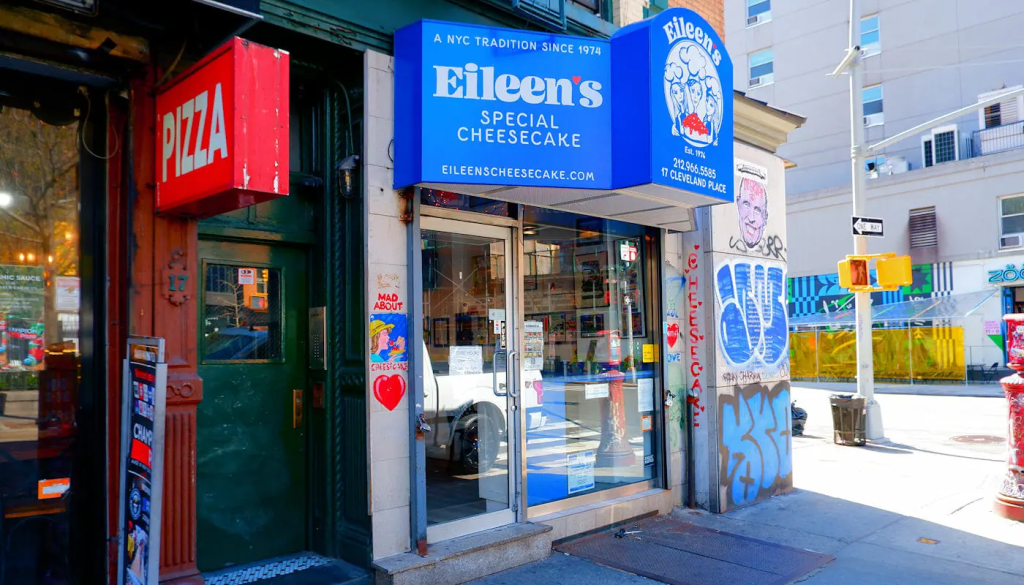
US tariff over China presses Asian business in New York, which already face difficulties in maintaining balanced prices and stocks
Despite the time oscillations out there, corridors remain moved in Asian supermarkets in Flushing, the fourth largest central commercial district of New York City and a rapidly growing Asian population. Inside the Chang Jiang Supermarket, an Asian market, shopping carts loaded with several products slowly advance while waiting in line to pay.
“Look at the cashier line. It’s much larger than normal,” Wu Jianxi told the manager, to Xinhua.
Amid the Trump administration’s erratic tariffs, particularly the ridiculously high on Chinese imports, several entrepreneurs expressed growing concern: when their current stocks are over, the increase in import costs can force them to increase prices, potentially driving customers away.
“We have not yet increased prices. We are trying to stock up as much as possible.… I contact suppliers every day to check the stock. But the amount allocated to each supermarket is also limited. After two months, the deposit will be empty,” Wu said.
Prices have not yet risen. But customers are also stocking up, he said. “My personal suggestion is to buy dry products or long -term oils that can be stored longer.”
Since 60% of Chang Jiang products are imported from China, there are probably price increases in the future, Wu said.
In the Flushing Center, four major Asian supermarkets anchor the main cross, serving as essential stops for local residents who buy everyday products. These supermarkets attract a constant flow of customers with their different products and competitive prices, making them pillars of the community’s daily life.
“Trump may have its reasons for having products produced in the US. But for now, domestic production cannot meet demand,” said a US 1 supermarket manager Zhang.
If tariffs between China and the United States remain in force, this could lead to restricting the supply capacity in the United States and limit product availability, he said.
“When products need to be purchased locally, inventory is limited and consumer choice is restricted,” said Zhang. “Over time, the pressure reverberates for both companies and consumers – in the form of higher prices.”
Chinatown Manhattan also houses a large Chinese community that depends on local supermarkets for everyday essential items and imported products from China, such as soy sauce and other essential culinary ingredients that evoke a “taste of home” for older generation, as well as popular snacks among children.
Jennie Li, owner of the Red Apple Gift Shop, which sells traditional Chinese items, such as small Buddha statues and dragon figures, said the most immediate impact of tariffs was the increase in shipping costs, which increased by six $ dollars per pound.
“The products sold in Chinatown are already very cheap, with reduced profit margins,” she said. “The prices of day -to -day items in supermarkets are rising.”
“I didn’t expect rates to arrive so fast and, with additional storage costs, our expenses only increased,” she said. “We will have higher costs, so we are considering extending the opening hours of the store.”
Jasmine Baker, a 20 -year -old Brooklyn resident, expressed concern that tall rates can even take small shops from the market.
“I like affordable prices and exclusive products here, which are not available in traditional US supermarkets,” she told Xinhua while shopping at a Chinatown Chinatown supermarket. “It scares me, not only for me, but for other communities, for people who depend on prices. It worries me about the success of these businesses and if they will survive.”
With information from news agencies*
Source: https://www.ocafezinho.com/2025/04/16/pequenos-negocios-de-nova-york-sentem-o-impacto-das-tarifas/

